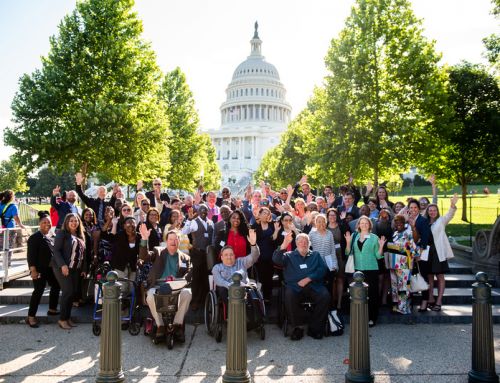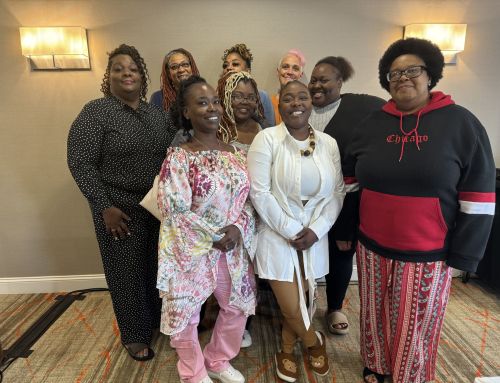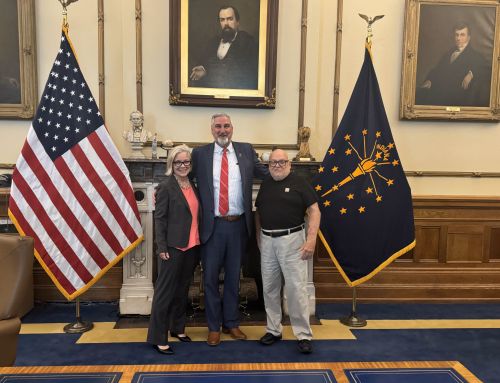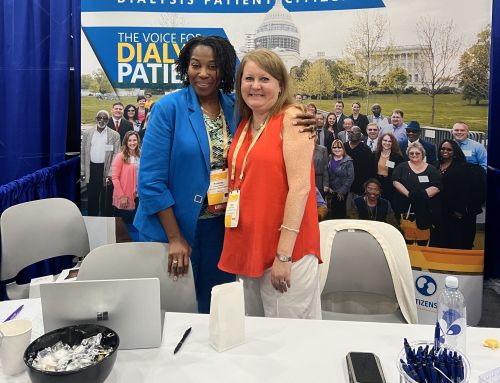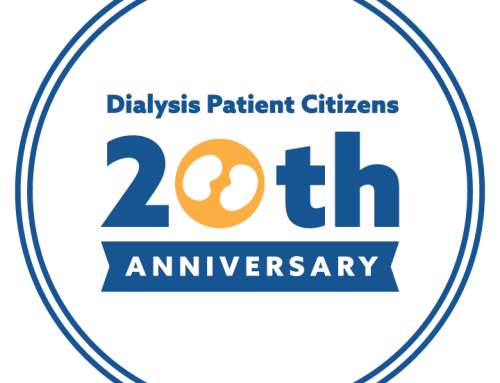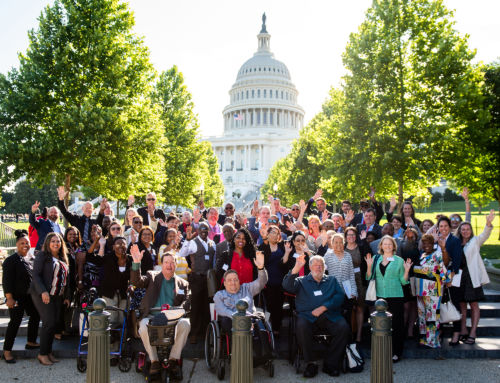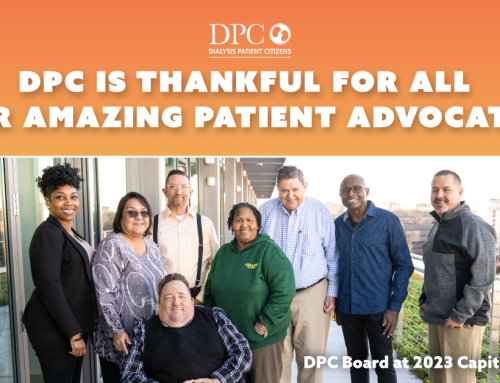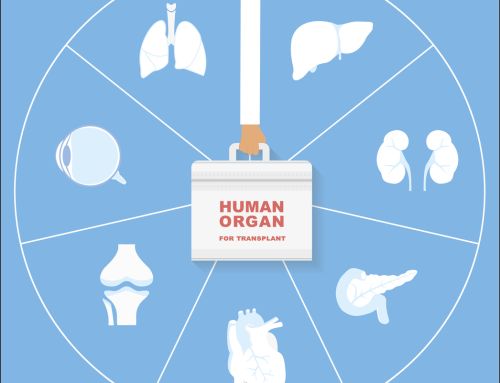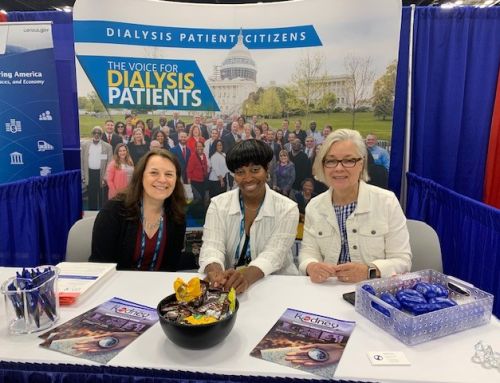Recently, Blue Cross Blue Shield stopped accepting third party payments for medical premiums in the new health exchanges. This meant that dialysis patients in the state of Louisiana could not use financial assistance from organizations such as the American Kidney Fund (AKF) to subsidize their premium costs. Nearly 2,000 low-income Louisiana dialysis patients rely on help from assistance organizations to maintain their access to health insurance. For people with kidney failure, the out-of-pocket treatment costs are very high, and it is particularly challenging for a person on dialysis to remain employed because of the frequent treatment schedule (typically three times per week for at least four hours) and the often physically draining nature of the condition. Because of these factors, many dialysis patients need charitable assistance with their treatment-related expenses. The kidney community responded by supplying comment letters and providing legislative text to ensure low-income dialysis patients could maintain access to their health insurance.
Senate Bill 403, which was introduced to allow third-party payments for dialysis care, easily passed the Louisiana Senate. The fear going forward was the pushback that would come from the house, primarily the house committee on insurance. DPC targeted their grassroots efforts initially to patients in the districts of insurance committee members, making phone calls and sending emails urging them to call their representatives. The chair of the insurance committee, with a vested interest as a manager of an insurance plan in the health exchanges, recused himself from discussion and the measure moved on to the house floor for a vote.
Not only did members of the community take action, but the patients worked tirelessly to call and email their legislators to urge the passage of S.B. 403. This effort by both the patients and organizations like DPC, lead to the unanimous approval by the Louisiana house in a vote on May 28th.
The unanimous approval by both legislative bodies sets a precedent for other states that may soon face similar challenges from insurance companies participating in the health exchanges.
Read DPC’s comment letter to the Department of Labor and CMS on BCBS’ discrimination here.
Read DPC’s comments to the Louisiana State House Committee on Insurance here.




